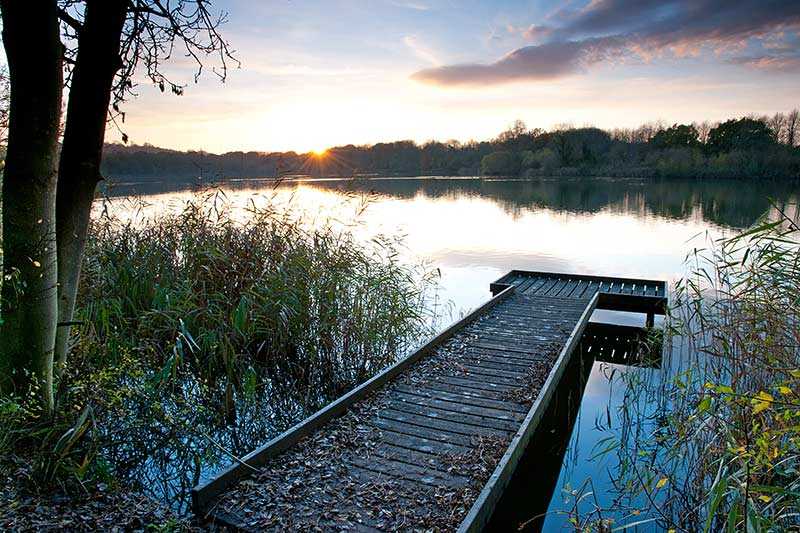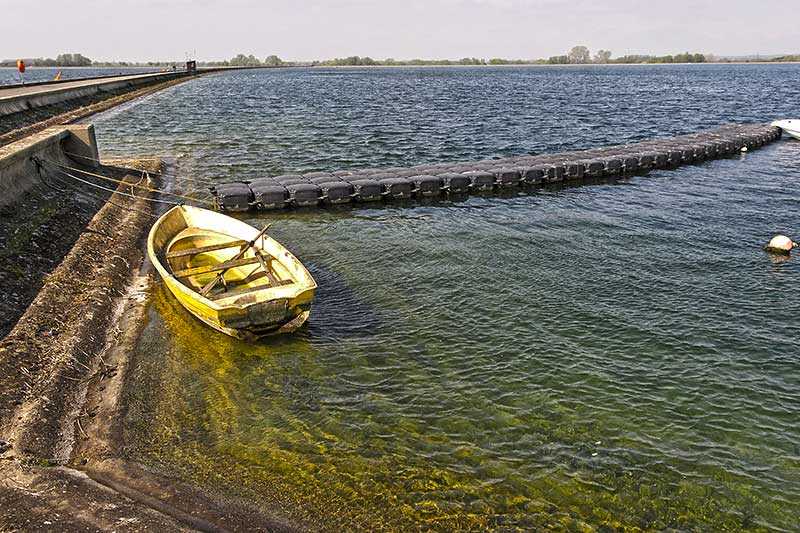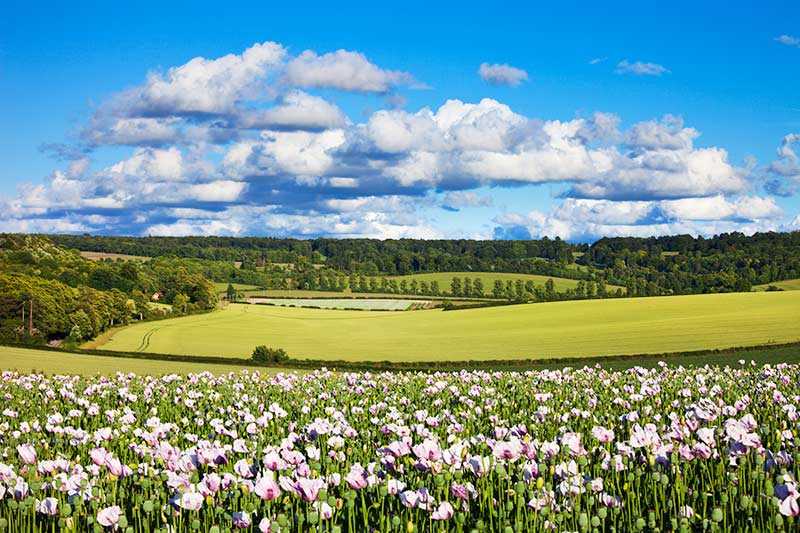North Wessex Downs AONB
About the North Wessex Downs AONB
The North Wessex Downs is not actually a place; it’s a name that has been given to the AONB, designated in 1972, which covers one of the largest and l...
About the North Wessex Downs AONB
The North Wessex Downs is not actually a place; it’s a name that has been given to the AONB, designated in 1972, which covers one of the largest and least developed tracts of chalk downland in south England. These reach into four counties, Berkshire, Hampshire, Oxfordshire and Wiltshire. The overall area of land protected is 1,730 km2 (670 mi2) and...
Things to do near North Wessex Downs AONB
Attractions near North Wessex Downs AONB
Activities
About North Wessex Downs AONB
About the North Wessex Downs AONB
The North Wessex Downs is not actually a place; it’s a name that has been given to the AONB, designated in 1972, which covers one of the largest and least developed tracts of chalk downland in south England. These reach into four counties, Berkshire, Hampshire, Oxfordshire and Wiltshire. The overall area of land protected is 1,730 km2 (670 mi2) and the highest point is Walbury Hill in Berkshire with an elevation of 297 m (974 ft), which is also the highest natural point in the South East of England.
Fauna and Flora
The downlands provide ideal habitats for rare butterflies such as the Small Blue and Marsh Fritillary. There’s also a colony of one of the rarest bumblebees in Britain, the Shrill Cardew bee; as well as the endangered Desmoulins whorl snail, which lives in valleys in west Berkshire and Wiltshire.
The grassland offers important food sources for declining farmland birds such as the Skylark and stone-curlew.
Tourism
The area is not overburdened with tourists – most tend to congregate at the well-established attractions such as Avebury. But interest in the area is increasing and the partnership overseeing the area’s protected status is conscious of the need to encourage this while protecting the valuable environment.
Activities
One of the best ways to enjoy the scenery is to walk, cycle or ride along The Ridgeway National Trail, which starts at the Avebury World Heritage Site passing along the line of the North Wessex Downs on its 139 km (87 mi) route to Ivinghoe Beacon near Tring, Hertfordshire.
For those more at home on or near the water, the Kennet and Avon Canal also passes through the Downs, providing close-up views of the landscape and views on the waterway or by cycling or walking the level towpath which runs alongside.


